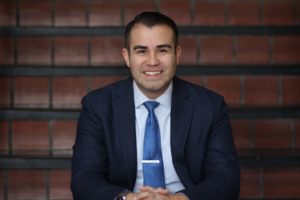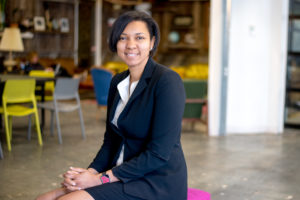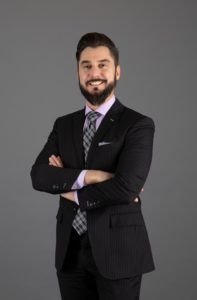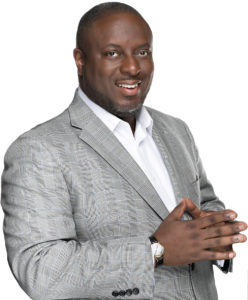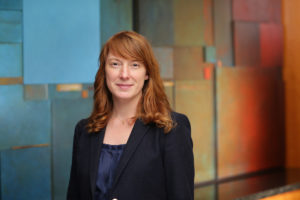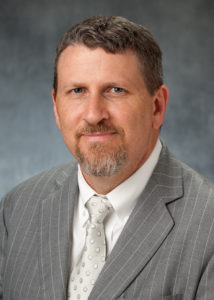
Andrew Jacobs (he/him)
President, ACS Arizona Lawyer Chapter
As someone who’s been engaged in service to the bar and bench since graduating law school in 1992, who is interested in what the law means and how it affects people, and who cares deeply about our courts, ACS is many good things in my practice and world.
ACS is a hub for public service in the law. I have spent my career in private practice, but have always worked extensively on pro bono matters and public service projects in the law. Being a lawyer brings with it an important responsibility to do good and to provide legal services to the poor, the underserved, and those with problems that go to important public issues. For those reasons, I’ve founded and led pro bono programs, worked thousands of hours of pro bono in my career, and placed hundreds of pro bono cases. ACS is a hub that organizes activity for the public good, focusing on voting rights and expanding registration and the franchise, connecting lawyers who care about the public good with impactful litigation and pro bono opportunities, and getting thought leaders together to consider innovative litigation and public policy strategies. Both in the Arizona Lawyer Chapter that was rebooted with success in 2017, and at the National Convention, ACS is a great practical part of a law practice aimed at the public good.
ACS is also a great salon of ideas. I have written about legal issues since I was a law student, when I wrote law review articles about rights movements based on research from book stacks and microfiche in library basements (something my millennial friends didn’t have to worry about in their legal education). An important part of being a lawyer is thinking about the Constitution and our law philosophically, interpretively, and as to its impact. In Phoenix, we have heard from judges, deans, the National Director of Litigation for the Mexican American Legal Defense and Educational Fund, leading election attorneys in the Southwest and from Washington DC, activists around the subject of private prisons, thought leaders addressing #MeToo, and national leaders in LGBT rights litigation. The National Convention presents three days of thought-provoking encounters with judge and justices, state Attorneys General, inspirational speakers, and leaders in the national media, probing where the law is, where it might go, and how it might progress.
Finally, but not least, ACS is a great group of friends and colleagues. The Arizona Lawyer Chapter – along with its twin, the ASU Sandra Day O'Connor College of Law Student Chapter – is a wonderful group of people. Coming together from government service, private firms, academia, and the bench, people from their twenties to their eighties meet to discuss shared concerns about the law and the courts, shared experiences, and a shared desire to be that public space in a state that is mistakenly thought of as monolithically not progressive. Arizona in 2019 is a very vibrant place to be a group of progressive lawyers participating in the growth and change happening in Phoenix and throughout our amazing state. We have a fun and cohesive group and enjoy each other, our panels, our lunches, and our friendships. I’m just glad to be a part.
Andrew Jacobs is a partner at Snell & Wilmer in Phoenix and has headed his firm’s appellate practice for a decade.

